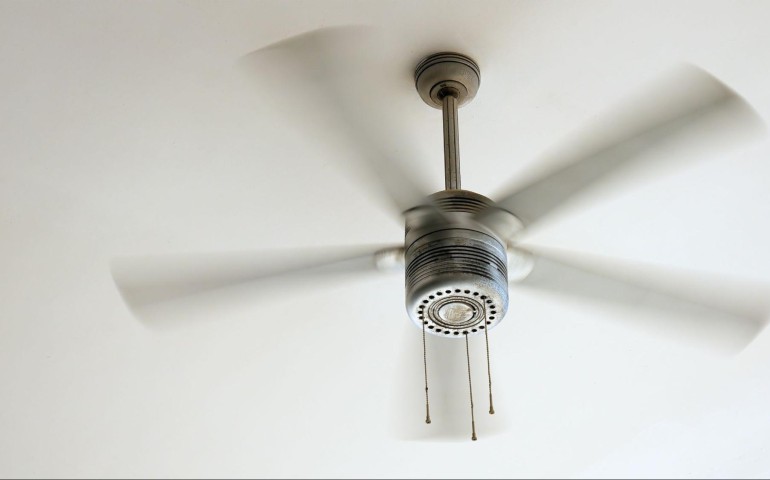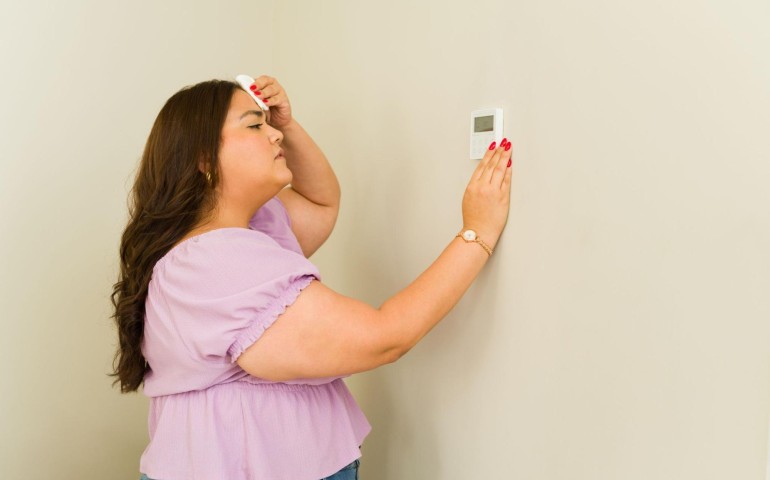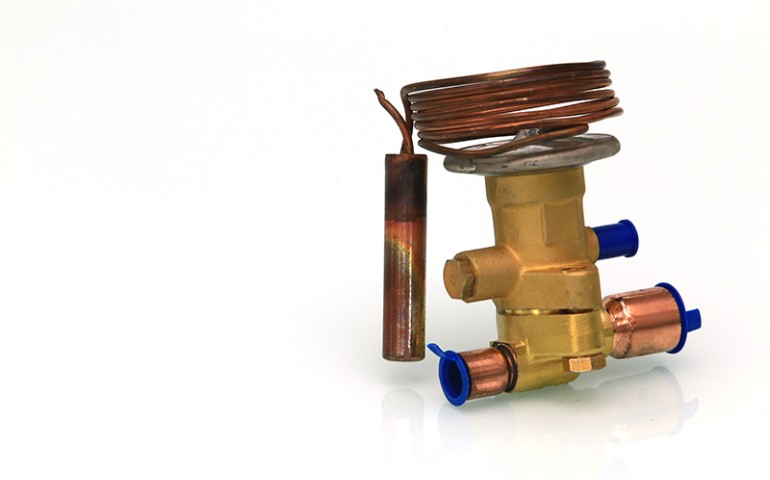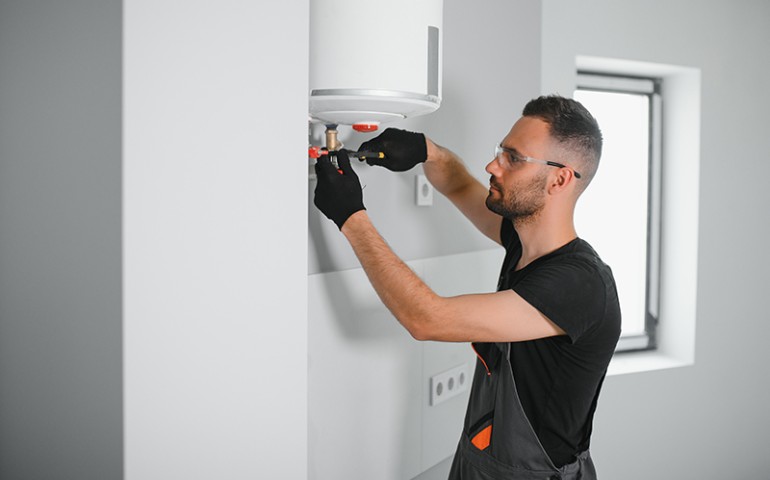Boilers and furnaces are the two most common types of heaters that are being used by people in today’s world. In fact, we have been using these two sources of heat for hundreds of years. They are often updated with newest HVAC technology. People have experienced the increase in reliability, safety, and the efficiency of them.
Most of the people who get a new heating system at home wonder whether they should go with a boiler or a furnace. First of all, it is important to keep in mind that neither is immediately better than the other. It depends on your specific requirements at home and the amount that you are planning to spend.
Before analyzing the differences of boilers and furnaces, take a look at what they have in common. Both boilers and furnaces have the ability to run off different fuel sources. As a result, they are flexible with sources of fuel.
Boilers usually run off oil, electricity, and gas. Furnaces often use propane, electricity, or natural gas. These two types of heaters have their own disadvantages as well. It is up to individuals to analyze their requirements and go for the best option. You can also seek professional help if you feel more comfortable.
Furnaces
Furnaces are often called forced air systems. They have the ability to increase the temperature of air with the exchange of heat. They have a built-in fan, which sends heated air to the home through ductwork. This heated air has the potential to increase the temperature of your home. Gas jets and electric heating elements generate heat, which transfers into the air.
Business hours
We offer 24 hour emergency service! Please call (847) 792-1019.





